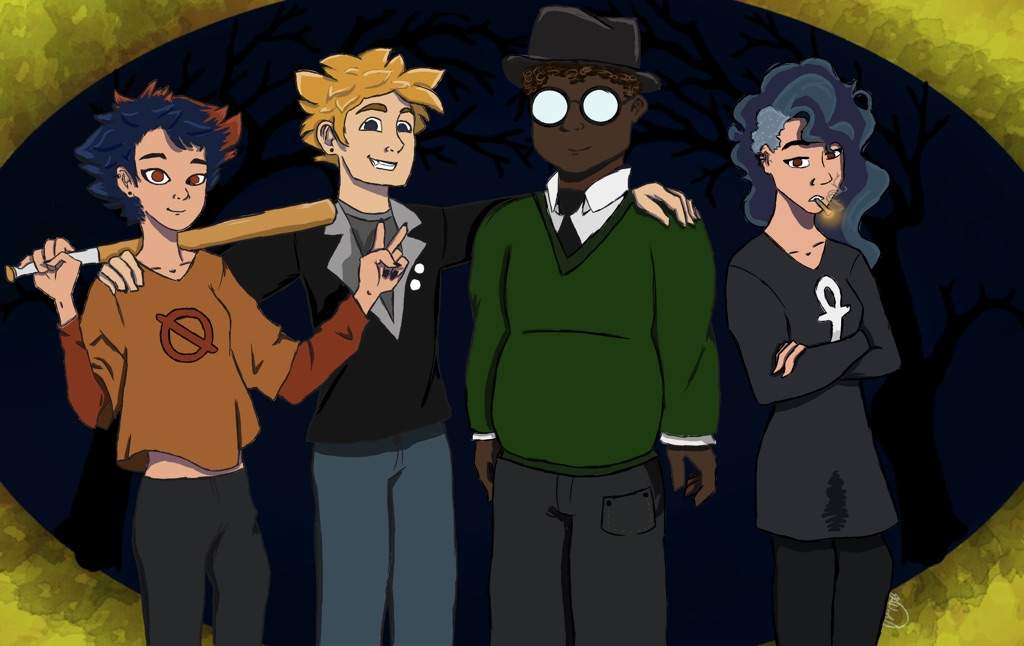

There is no string to pull or switch to flick if you want a few hours off to bathe in the quiet enveloping dark Chris Salisbury, ecologist Children find these body parts fascinating and it’s usually adults who grimace, says Salisbury, who insists on silence as we paddle home on the river. Halfway through the trip, he recites a poem, and I nearly choke on my hot chocolate when he reveals his “box of death” containing half a dozen dead bats, and an owl wing and claw from roadkill. In most ways it was a boon for humanity, Salisbury writes in his new book Wild Nights Out, but adds: “What is rarely considered, however, is the loss of something very precious.” The story of people’s mass disconnection from the dark started in 1880, when the inventor Joseph Swan lit up his home in north-east England with incandescent electric bulbs for the first time. The River Dart at night, as seen from the canoe.


In many ways you can see so much more at night. Darkness transforms the wood into something mystical – the branches of towering beech trees conspire above us and above them is an infinite collection of stars. Salisbury cups his hands and makes owl noises, trying to encourage them to engage, but they’re not falling for his tricks.Īs the evening draws on, I see my first hobby – one of the most acrobatic falcons – overhead, roe deer grazing in a meadow and Daubenton’s bats flying over the water. Tawny owls are the ambassadors of the night in this wood, marking its arrival with sporadic hoots from surrounding trees. Most walkers would consider this time to go home but we are just setting off (no torches allowed), and pass no one else on our four-hour walk through the wood and up the River Dart on a canoe. There is a cacophony of screeching, snuffles and scuffles, as songbirds return to nests for a night of rest, while nocturnal creatures such as badgers and foxes are taking their first tentative steps out, off to find food and mates under the cloak of darkness. Far away from the dulling effect of streetlights and strobe lighting, this is a very old-fashioned night out.įor most of us, the transition from light to dark is a quiet one, but in the woods on the Dartington estate near Totnes, twilight brings with it a burst of energy. We are here to enjoy the darkness by walking in woods, canoeing on the river and breaking into song (for Salisbury). I ’m having my first “wild night out” in 18 months in Devon with the ecologist and author Chris Salisbury.


 0 kommentar(er)
0 kommentar(er)
